Myriam JA Chancy wins the OCM 2025 Bocas Prize
TRINIDAD EXPRESS EDITORIAL
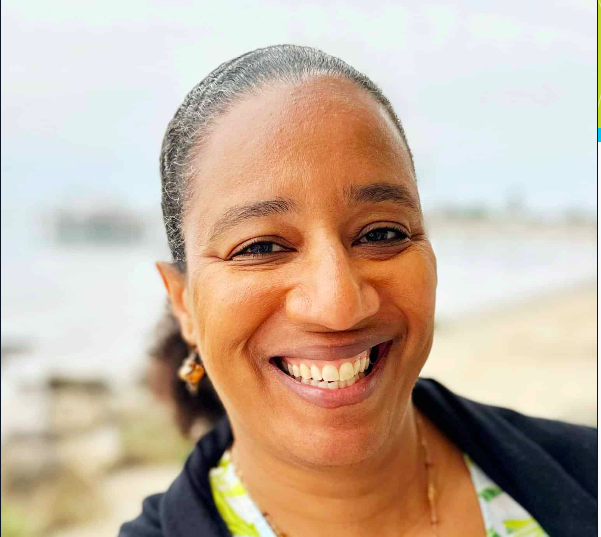
Myriam JA Chancy, who describes herself as “Haitian-Canadian-American”, took the US$10,000 prize, which is sponsored by the Trinidad Express Newspapers’ parent company, One Caribbean Media (OCM), for her novel Village Weavers.
The Express also congratulates Anthony Vahni Capildeo, winner in the poetry category for Polkadot Wounds, and non-fiction winner Dionne Brand for her book-length essay Salvage: Readings from the Wreck. On Capildeo’s collection, the poetry judges wrote, “These poems make it seem like an easy feat to hold millennia in one image and then another, moving inside of time with grace,” while Salvage was described by the non-fiction panel as a book that “profoundly, beautifully, and deftly changes how we read and see.”
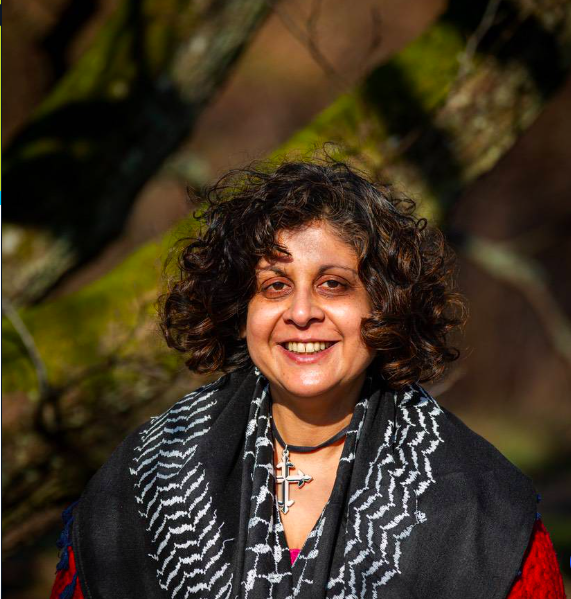
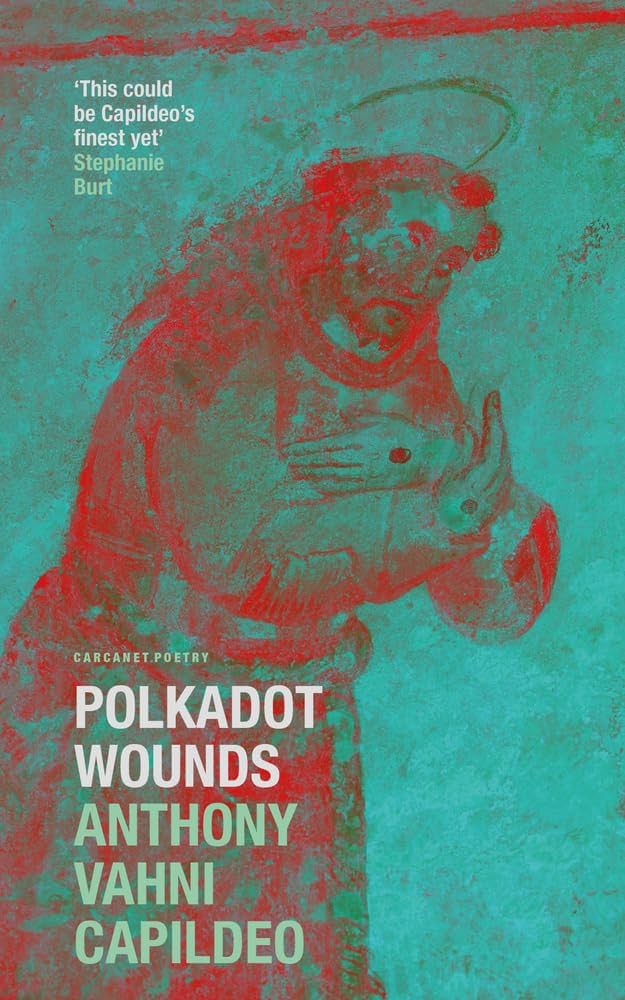
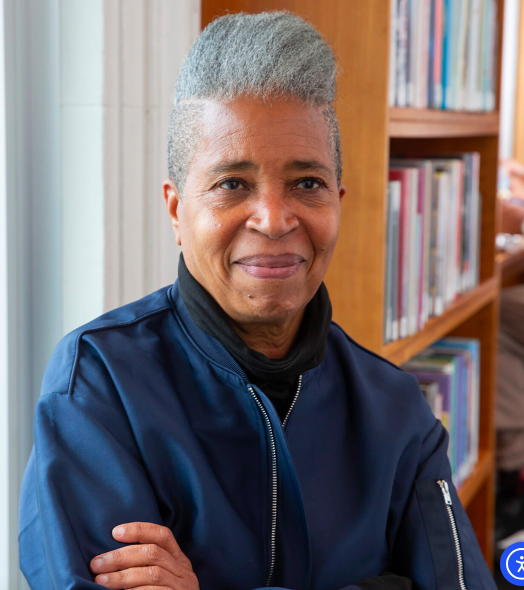
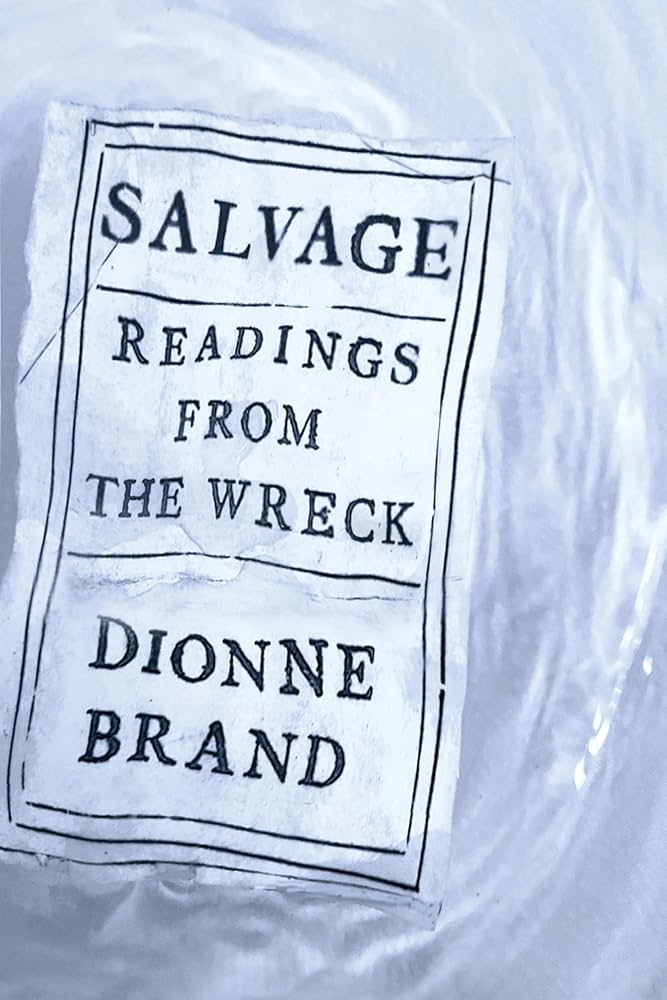
Chancy’s novel, the prize judges write, is “a compellingly ambitious and beautifully executed narrative.” Starting in 1940s Port-au-Prince, the book tells the story of two childhood friends, Gertie and Sisi, from opposite ends of the socioeconomic spectrum, with Sisi’s family forced to flee to Paris after François Duvalier’s rule turns deadly in the 1950s, and their eventual reconciliation 60 years later in the United States.
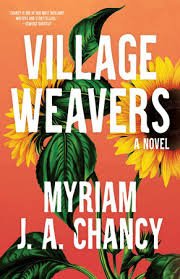
With Haiti now facing an escalating crisis marked by widespread gang violence, mass displacement, and surging deportations, according to reports from the United Nations, such a tale may seem irrelevant to that country’s socio-political challenges.
But, as noted by OCM CEO Dawn Thomas in presenting Chancy’s award on Saturday night: “We believe that these stories, our stories, are vital not only for cultural preservation but also for societal progress. This milestone is more than just a number; it is a testament to the enduring power of storytelling, the resilience of our culture, and the vital role that literature plays in shaping our identity and future.”
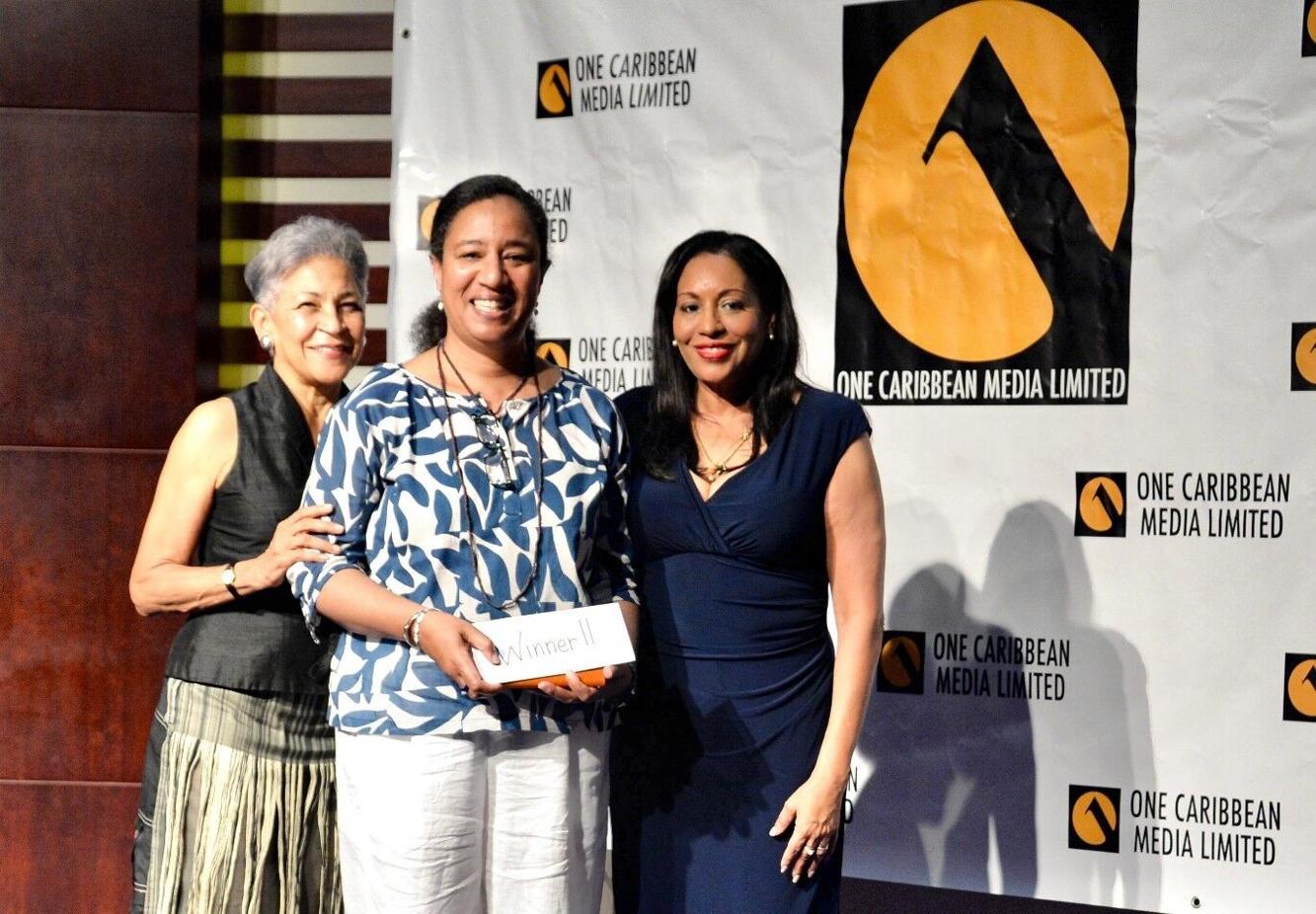
Photo: ROBERT TAYLOR
In his essay “A Defence of Poetry”, written in 1821 but published posthumously in 1840, the English poet Percy Bysshe Shelley asserts that “Poets are the unacknowledged legislators of the world.” Shelley’s argument was that poetry, and language in general, is the organising device of human society. Modern cognitive psychology confirms that the human brain did not evolve primarily to reason, but to process stories. It is why humans’ favourite form of social interaction is gossip and why, as literacy developed, newspapers became the main purveyor of current events and public opinion. Most powerfully, the cultural narratives of ethnic and racial groups shape their values, attitudes, and behaviour.
So, who knows what indirect impact a novel like Village Weavers might have on helping resolve Haiti’s seemingly intractable challenges? VS Naipaul, in the Trinidad essay of his 1962 book The Middle Passage, writes, “Living in a borrowed culture, the West Indian, more than most, needs writers to tell him who he is and where he stands.”
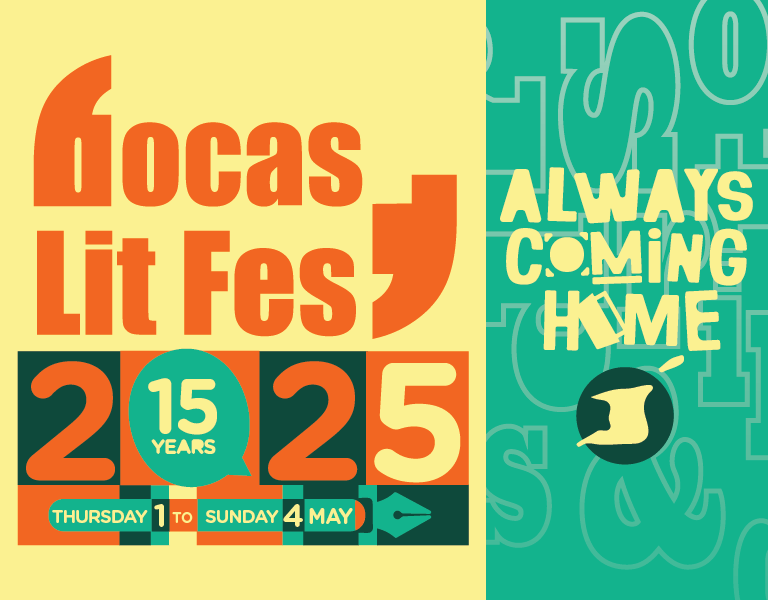
The Bocas LitFest, and its sponsors, continue to ensure that writers have a voice and build a culture that is not borrowed, but entirely our own.
